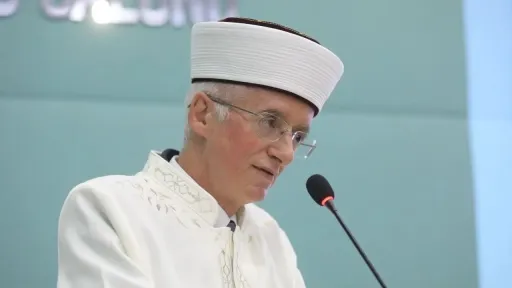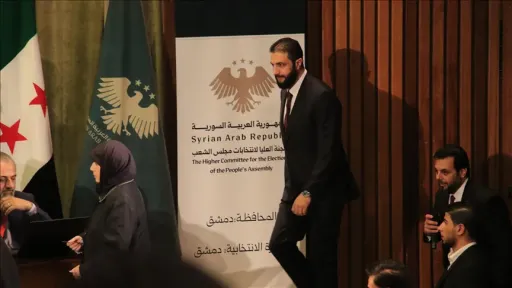Political gridlock ends in Bulgaria as parliament says yes to coalition government

Ultimate goal is for Bulgaria to join Schengen area and join Eurozone, Prime Minister Nikolai Denkov tells parliament.
The Bulgarian parliament on Tuesday approved the formation of a coalition government, putting an end to a two-year political crisis.
The coalition government led by Prime Minister Nikolai Denkov of the We Continue the Change-Democratic Bulgaria (PP-DB) bloc, the second largest group in the parliament, and the GERB-UDF coalition received a vote of confidence in the 240-member parliament.
In the vote, which was attended by 201 deputies, 132 lawmakers voted "yes" and 69 voted "no."
At least 121 votes were required for the cabinet to receive a vote of confidence.
"We have established a government that will work in favor of citizens, businesspeople, and the development of Bulgaria," Denkov said in parliament.
He added that their ultimate goal is for Bulgaria to join the Schengen area and join the Eurozone.
He had earlier presented the draft cabinet to President Rumen Radev on Monday.
Denkov was given the mandate to form a government with a cabinet structure of 19 ministers, one of whom is the deputy prime minister.
In late May, these two largest alliances in the country agreed to form a coalition government in an effort to end a two-year political deadlock.
The GERB-UDF coalition and the PP-DB bloc agreed to form a coalition government with a rotating prime minister and deputy prime minister.
Denkov and Mariya Gabriel of the GERB-UDF will each serve as prime minister for nine months in the rotational coalition government, according to the agreement.
AA







